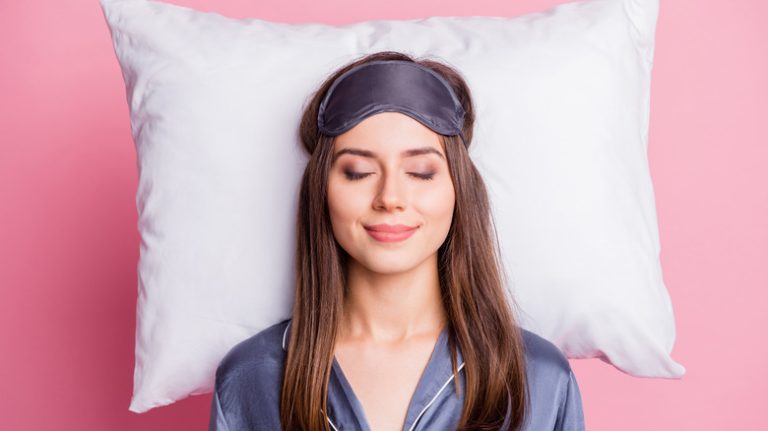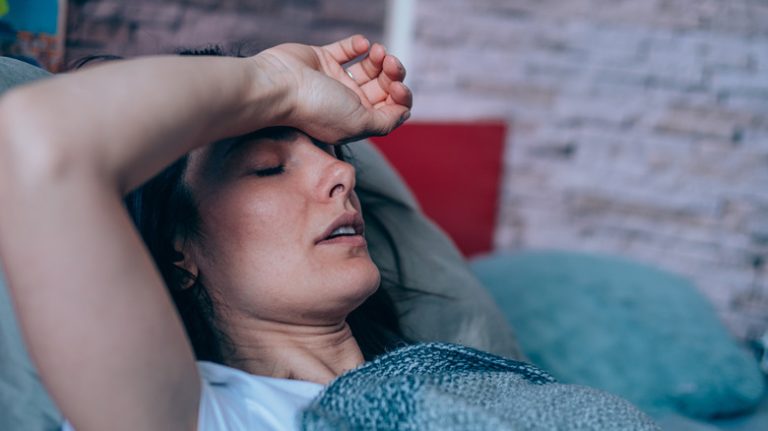Have you ever wondered about the uniqueness of being left-handed? It’s a fascinating rarity in human biology that has intrigued scientists for years. Even more surprising is that being left-handed might have more far-reaching implications than we previously imagined, including a connection to sleep issues. For instance, a 2024 American College of Chest Physicians study found that left-handed individuals are significantly more likely to develop periodic limb movement disorder (PLMD), a sleep disorder characterized by involuntary and repetitive limb movements during sleep (via Stanford Health Care).
Left-handedness is a fascinating aspect of human diversity that refers to the preference for using the left hand for various tasks over the right hand. This preference extends to a person’s broader neurology and affects multiple aspects of brain structure and function that differentiate left-handed individuals from their right-handed counterparts. Although right-handedness is the dominant hand preference in the human population, left-handed individuals still make up a considerable fraction. According to a 2024 study published in Brain Structure and Function, 10.6% of the population is left-handed. Even though it’s a minority trait, left-handedness is a fascinating aspect of human diversity that sparks curiosity about its potential impact on various aspects of life, including sleep.
Left-handedness and periodic limb movement disorder
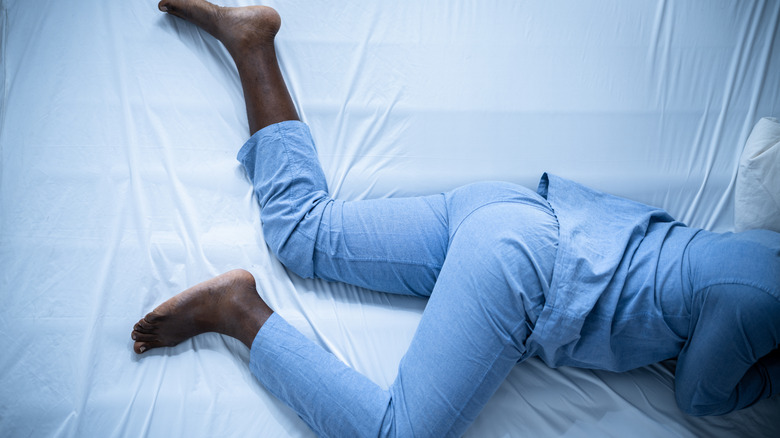
Periodic Limb Movement Disorder (PLMD) is a sleep disorder characterized by involuntary, repetitive movements of the limbs during sleep (via Cleveland Clinic). These movements, typically involving the legs but can also affect the arms, occur in a rhythmic and periodic fashion, often every 20 to 40 seconds. PLMD can lead to sleep disturbances, causing frequent awakenings throughout the night, which can result in daytime fatigue and other sleep-related issues. In 2011, researchers with the American College of Chest Physicians examined 100 patients at a sleep clinic and found that left-handed individuals were significantly more likely to experience limb movements on both sides of their body during sleep than right-handed individuals.
While the exact cause of this association remains a mystery, these findings suggest that there may be a connection between left-handedness and PLMD. It’s important to note that these studies don’t prove that left-handedness causes sleep issues or other disorders. However, they do raise intriguing questions about how neurological factors linked to left-handedness may influence sleep patterns.
Left-handedness and dream patterns
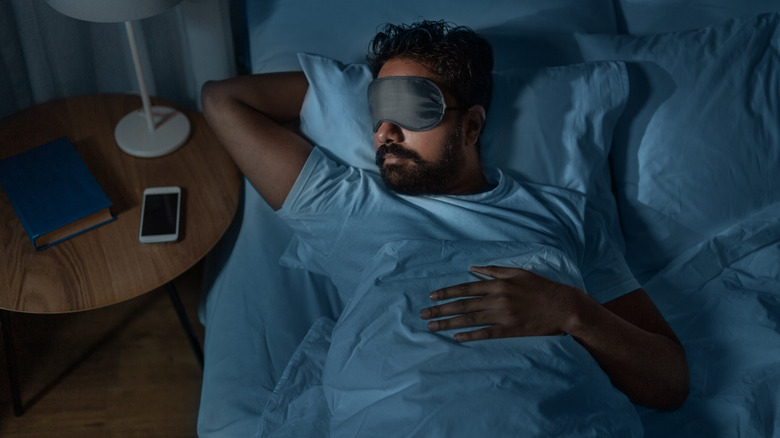
In a 2010 article published in the International Review of Neurobiology, the authors shed light on the intriguing relationship between handedness and dreaming, with a particular focus on how our two brain hemispheres interact with each other. The research shows that consistent right-handers tend to have more Rapid Eye Movement (REM) sleep and less Non-Rapid Eye Movement (NREM) sleep. This observation suggests that our dominant hand may actually influence the way we cycle through different stages of sleep.
The authors explore the research on how the left and right hemispheres of our brain interact during sleep, and how this interaction is linked to our REM sleep. REM sleep is essential for memory consolidation and vivid dreaming (via Physiological Reviews), so this connection is particularly important. This could potentially affect the consolidation of memories during NREM sleep, leading to a greater need for REM sleep to help with memory processing.
Other left-handed sleep struggles
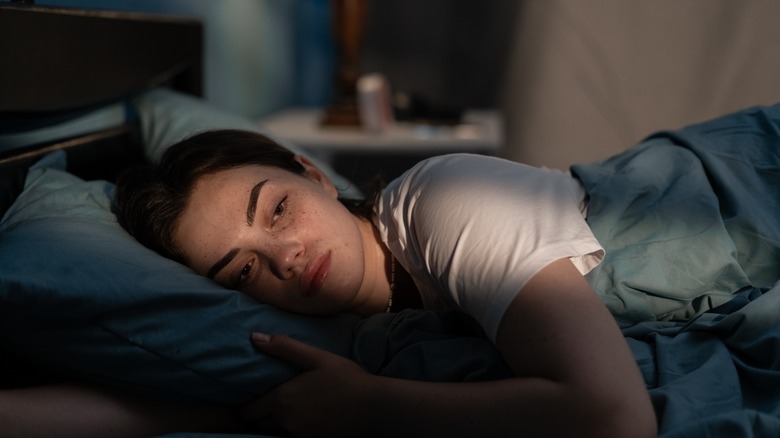
Lysenko Andrii/Shutterstock
Additionally, recent research has highlighted a potential correlation between left-handedness and general sleep difficulties. A study published in the Nature and Science of Sleep journal in 2024 examined this relationship by analyzing data from a sample of over 1,700 healthy participants. The study found that left-handed individuals may be more likely to experience nighttime awakenings and daytime sleepiness than their right-handed counterparts.
The findings of this study could have significant implications for the field of sleep research and health management. By understanding the link between left-handedness and sleep issues, researchers and healthcare professionals may be able to develop targeted interventions and treatments to improve sleep quality for individuals who experience these issues. This could be particularly important for those who fall into the demographic groups where the association is more pronounced. Overall, this research provides valuable insights into the potential impact of left-handedness on sleep quality and highlights the need to explore this topic further.

